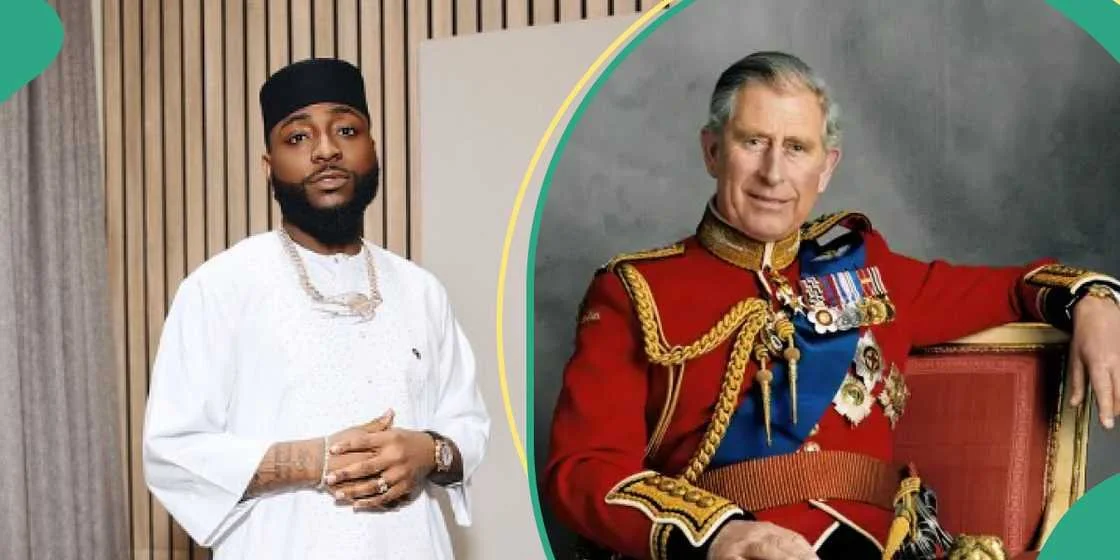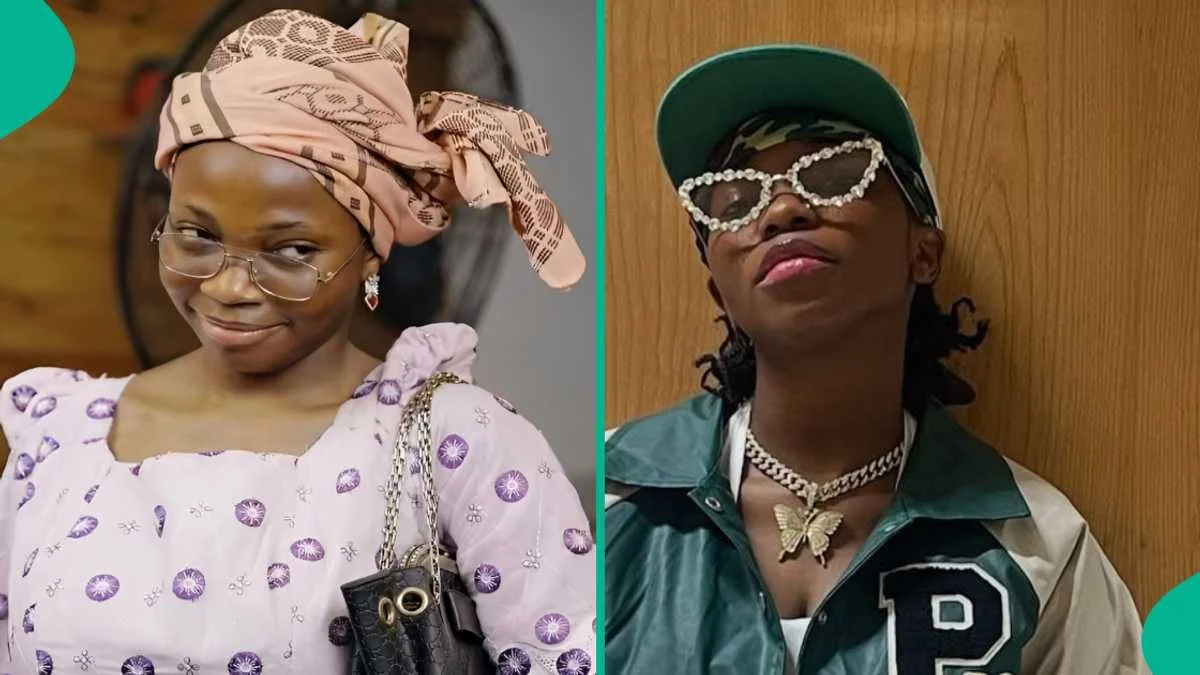King Charles III Reveals Love for Davido’s Music, Pidgin English
British monarch King Charles III has surprised many with his admiration for Nigerian superstar Davido, revealing that the singer’s music sparked his interest in Pidgin English. The revelation was made during the premiere of Apple Music’s new show, The King’s Music Room, which aired on Monday.
The monarch, known for his passion for promoting cultural diversity and inclusiveness, expressed a desire to speak Pidgin English during his next visit to Nigeria. Highlighting Davido’s song “Kante” featuring Fave as one of his favorite tracks, King Charles stated:
“Davido has made me love Pidgin language. I would like to speak it the next time I visit Nigeria. Thanks to Afrobeats, it’s becoming more popular around the world.”
The revelation quickly caught the attention of Davido, who reposted the video on his Instagram story, giving a cheerful shout-out to the royal family.
A Boost for Afrobeats and Nigerian Culture
King Charles’ comments are a testament to the global influence of Afrobeats and the growing popularity of Nigerian culture. It is not the first time a prominent global figure has acknowledged the impact of Nigerian music, but having the British monarch express admiration adds an extra layer of validation.
Opinion: The Power of Music in Bridging Cultures
It’s fascinating how music continues to be a powerful tool for cultural exchange. The fact that King Charles III, with his prestigious position, appreciates Afrobeats and even wants to learn Pidgin English, speaks volumes about how music can bridge gaps and create connections between people of different backgrounds.
Davido’s music reaching the ears of the British monarch is not just a win for the artist, but also a win for the Nigerian music industry and its widespread appeal. It underscores how Afrobeats is more than just a genre—it’s a cultural movement with the power to unite and inspire.
Could this royal interest in Afrobeats and Pidgin English encourage more acceptance of African culture on the global stage? And how significant do you think this is for the Afrobeats community?








